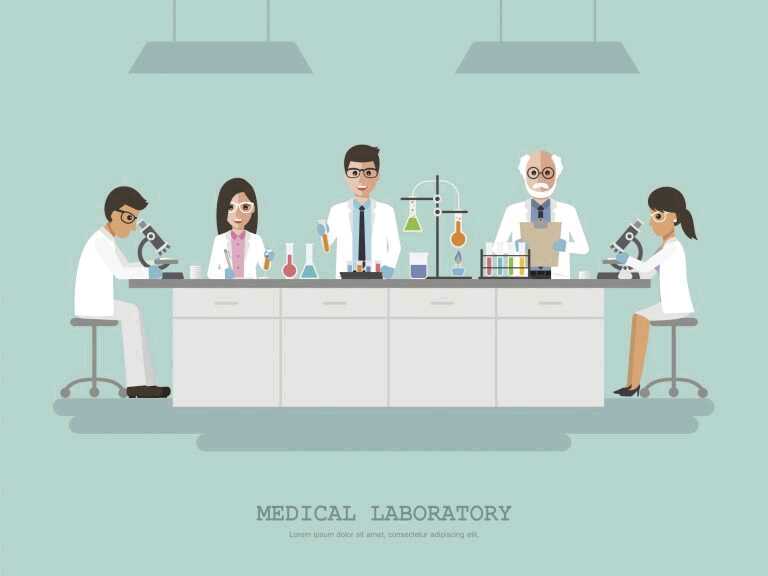
Type 1 diabetes is the least common of the different forms of diabetes. Type 2 diabetes is largely attributed to diet and lifestyle (though genetic factors do come into play), which makes prevention and treatment somewhat simpler in scope. Type 1, however, is far more difficult to pin down in terms of cause and that plays a significant role in the difficulty faced in preventing the condition.
Type 1 Research
Because so little is known about why Type 1 diabetes develops, most researchers’ focus has centered on curing Type 1. The attempts at cures have been focused primarily on the implantation of healthy islet cells to stimulate insulin production, or creating artificial pancreatic structures to essentially trick the body into producing insulin.
There is nothing wrong with these approaches to Type 1 treatment. They have provided wonderful advancements for men and women suffering from diabetes and have proven effective in some cases. Increasing evidence is showing, however, that a Type 1 diagnosis does not necessarily mean that all healthy insulin-producing cells have died, and that the body’s systems could potentially be jump-started or re-booted.
How Could the Body Re-Boot?
Although research is still scarce and advancements are still on the way, the basic idea is this. Instead of creating foreign structures, or trying to implant foreign cells, many Type 1 sufferers still have some residual islet cells left that can be retrained or regrown to once again produce insulin and eliminate the need for constant injections.

Regeneration is not a simple matter; the environment in which the cells live has to reach ideal conditions that are not really achieved without medical interference. Despite the need for medical intervention, the possibility of regeneration is incredible because it means that Type 1 sufferers may not need implants or daily insulin injections for the rest of their lives. Healing may be accomplished.
Moving Forward
This particular research is still in development, with mice serving as the primary source of information, though human cells were also observed. Human trials and subsequent treatment plans may still be a long way off, but the possibility of reversing (and preventing) Type 1 diabetes continues to grow and gather hope.
ReferencesJoslin Diabetes Center. Accessed 8/15/17.
Vanderbilt University. Accessed 8/15/17.
